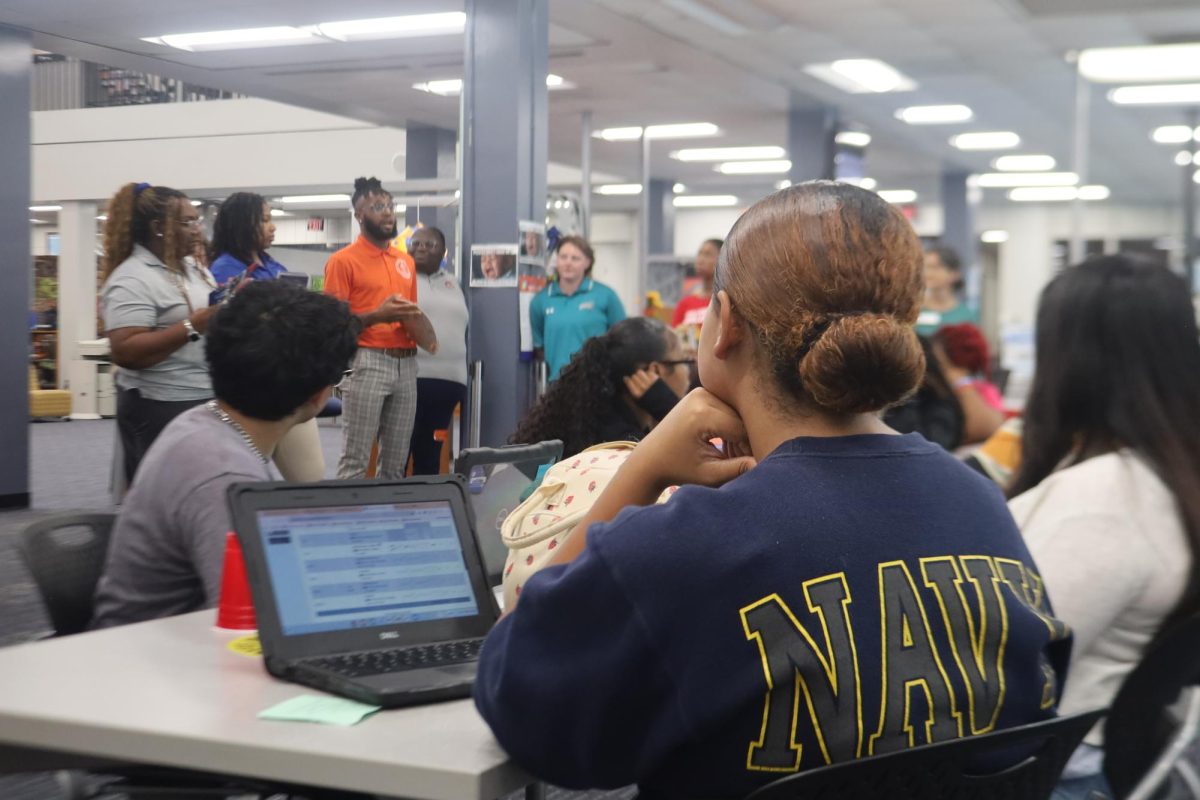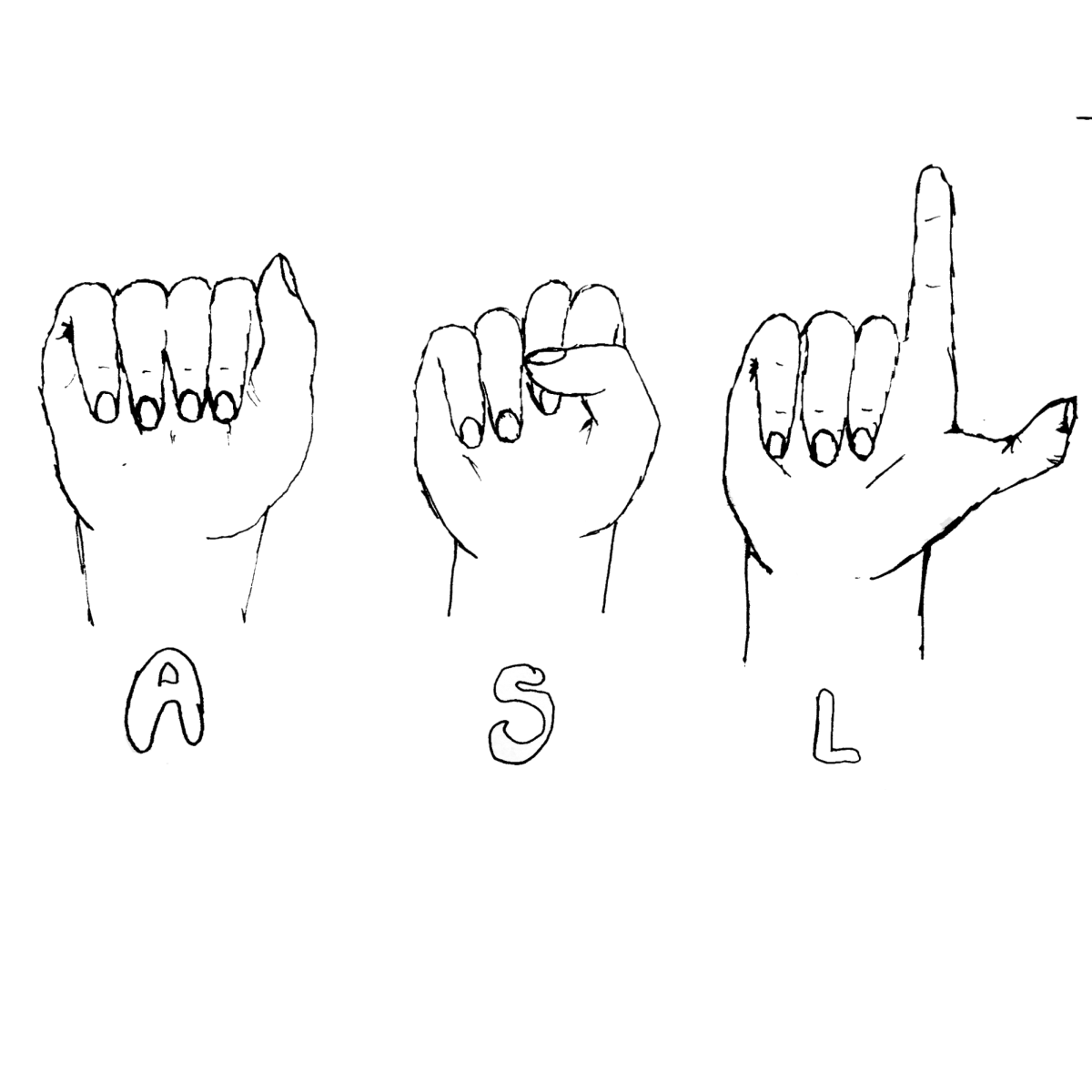Many students in elementary, middle and high school look forward to summer break at the end of every year, which as of now is happening very soon. Some look forward to jobs and volunteer opportunities, beach vacations, or simply the chance to relax.
Over the past couple of years, though, it seems as if we’ve gotten less and less time to do those things. School’s been starting earlier: during the 2022-2023 school year it started on the 17th of August, after 11 weeks or so. This past year, it started a whole nine days earlier, on the 8th. We only had 10 weeks of summer then. Next year, I wouldn’t be surprised if it starts only a few days after the end of July, only two months after summer starts on May 31.
It’s even worse for teachers. They’ve been told that they have to come back on July 30 this year, a week before the students do and only nine weeks after this school year ends. Before the 2019-2020 school year, we had almost a full twelve weeks, which was what everyone was used to in the years before.
That said, is it really a good idea to drag out the school year for this long? Because of that, we have more breaks throughout the year, yes, and that’s great — but maybe it’s not as great as we think it is.
For one, students obviously have less summer than they’re used to having; summer has always been perceived as a time of freedom for students and teachers alike, and having that shortened would be like having some of that freedom taken away. It could also lessen the time that students have to recharge from the previous school year, leading to excessive stress and anxiety over the course of the next.
How beneficial is lengthening the year, anyway? Students would be in school longer, but that doesn’t always mean more learning. Having a longer year could shorten people’s attention spans as they get tired of school earlier in the year and stop retaining as much information as they did previously. Spring fever, you could say.
Besides, it’s been proven that having a longer summer break doesn’t contribute significantly to learning loss, as many may believe. Raymondgeddes.com states, “Research has shown little relationship between extending the school year and academic performance,” meaning to say that having students in school for longer neither helps nor hurts students’ academic performance in the following school year.
And like teachers and students, parents also need a break from the busy school year. It’s enough to get kids ready for the day, drop them off and pick them up from school while trying to balance out work and other responsibilities. But having it go on for that long? That’s bound to lead to a lot of burnout.
If there’s anyone who works the hardest in public schools, it’s the teachers. They’ve got meetings to attend, assignments and quizzes to grade, and lessons to plan, all for what many consider a low salary. If anyone, they’re the ones who need as long of a summer as possible.
All of that said, there are a couple of positives that come with having a long school year. As mentioned earlier, we have more breaks: a longer Thanksgiving break, a longer winter break, and a three-or-four-day long weekend every month. That gives students a chance to unwind for a few days more, but there’s always the thought of school at the back of our minds – tests, quizzes, projects, late assignments, etc. For many of us, it seems never-ending.
So, is it worth it in the long run to lengthen the year? I don’t think so. Tired students, underpaid teachers, and stressed parents don’t need another whole month of school.









